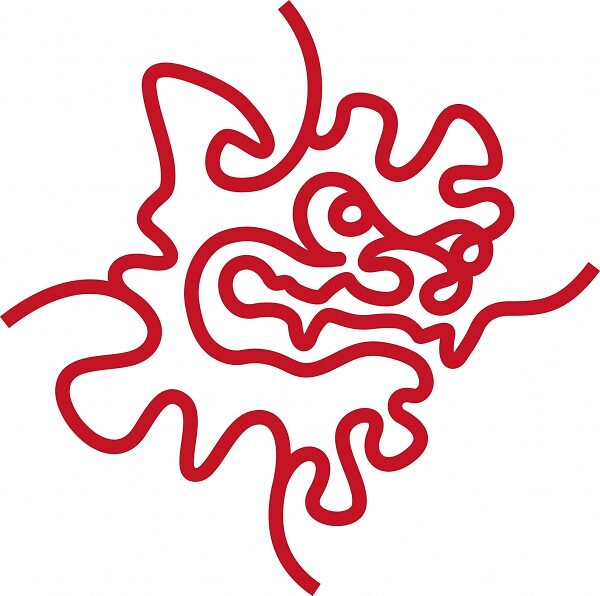OIST Mini Symposium "Neuromodulators: Their Functions and Developments"

Date
Location
Description
Neuromodulators, such as dopamine (DA), noradrenaline (NA) and acetylcholine (Ach) etc., have been known to regulate activities of diverse populations of neurons with volume transmission in the central nervous system. They have been reported to have effects on neuronal activities, such as increasing or
decreasing of firing rate or altering firing patterns that would work for switching arousal revel, encoding reward or regulating short-term memories and so on. Recent studies further show that alterations of sensory processing with animals’ internal states are regulated by neuromodulators.
While the detailed neuronal mechanisms underlying regulation of behavioral states with neuromodulators are still not yet well understood, recent studies have been revealing that how the same sensory stimulations are sensed in a different manner and how performance or rewards are encoded with regulation of neuromodulators. Besides, some neuromodulators are suggested to modulate circuit neuronal activities through inhibitory functions. As such, neuromodulatory systems has become a recent hot topic in neuroscience to understand how external or internal conditions, such as social interaction or emotions, would modulate our perceptions of sensory environments and further behavioral outcomes.
One of the organizer of this mini-symposium, Hisashi Umemori has worked on to understand the development of DA neuronal circuits and revealed independent developmental trajectories of substantial nigra (SNc)-dorsal striatum pathway and mesocortical (reward) pathway. While, another organizer, Yoko Yazaki-Sugiyama has worked on to understand how bird song learning during development is regulated with social interactions with tutor birds. The studies of Yazaki-Sugiyama lab showed that social interaction with tutors modulate neuronal activities of noradrenergic regulation nucleus, locus coeruleus as well as auditory cortical areas, and have suggests that would be the underlying neuronal mechanisms for regulating auditory memory formation with social interaction with tutors during developmental song learning.
In this mini-symposium, we will invite the speakers, who are working on the wide ranges of work on neuromodulators, development of neuromodulatory circuits, neuronal functions of neuromodulators, neuromodulator regulation on behavior and recent technological advance on measurement of neuromodulator dynamics. By bringing the researchers who are actively working on neuromodulators in different approaches and aspects, but having a synergy for understanding neuromodulatory regulation on behavior and its’ development, and having close discussion, we will seek for new ideas and seeds for collaborations. As the speakers are selected across countries and generations and have active research productivities, this mini-symposium will provide a great opportunity for sharing ideas and developing new break through ideas together. It also provides a place to learn recent hot topics on neuromodulators for OIST members, especially the members on neuroscience field.
Subscribe to the OIST Calendar: Right-click to download, then open in your calendar application.



